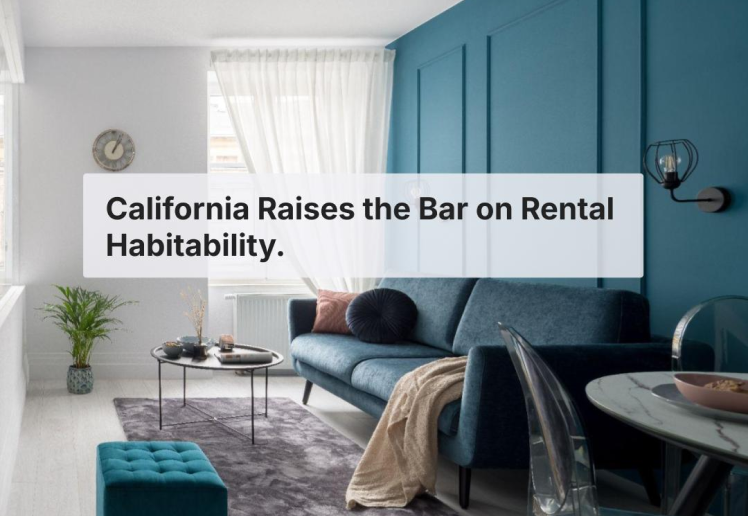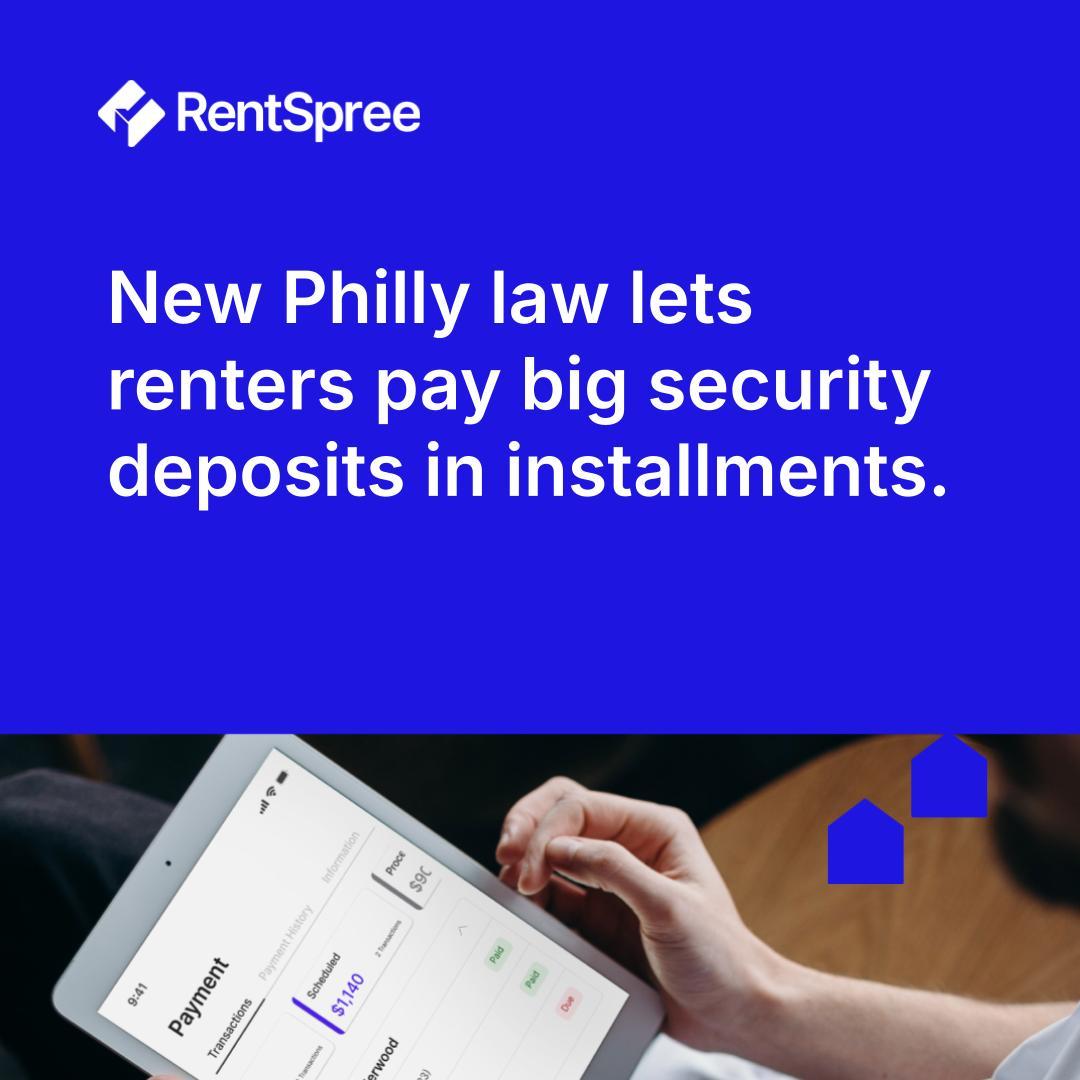To calculate the rental rate of your property, you need to think beyond the condition of your property and its location. In this article, we'll walk you through 12 essential questions to ask yourself to help you price your property at a rate that is both in your best interest as well as your future tenant's.
How to calculate the optimal rental rate
Many factors influence the rental rate for properties. Ensuring it’s the best price for the market involves more than its condition and location. When considering how to calculate rent, you should ask yourself some critical questions.
After all, that number impacts who you attract and what you can earn. Charging too much could leave you with longer vacancy periods. Under-pricing may squeeze you financially, leaving little margin.
To strike the right balance, you should look at many things, including unique attributes, location, value, amenities, and condition. To help you do this, we’ve compiled 12 questions to ensure that how much you charge for rent maximizes profitability while aligning with market demand.
Before discussing the questions, start by understanding the calculation process, find tips for boosting rental income, review legal considerations, learn how to create a competitive listing, and avoid common mistakes.
Step-by-step rental rate calculation process
How to calculate rent combines the property value, amenities, market trends, and more. These questions provide the numbers you’ll use when determining the monthly rental price. Each question is a step in the process of setting the most optimal rate.
1) How does my property's condition affect what rent I can charge?
A well-maintained property allows you to attract quality tenants willing to pay for the comfort and convenience offered. Investing in maintenance, repairs, and upgrades can significantly enhance your property's appeal, justifying a premium rental price.
On the other hand,if your property is in poor condition, you may struggle to find tenants. Even if it’s a sought-after location, tenants would likely balk at the idea of a high price for a house or apartment in disrepair.
2) How does my property's value affect my rental rate?
To calculate the right rental rate, determine the value of your property first. As a rule of thumb, the rental rate should bebetween 0.8%–1.1% of your property’s total value.
For example, if your property is worth $200,000, the ideal monthly rent would be between $1,600 and $2,200.
Keep in mind that if your property is worth more than $375,000, you may want to charge less than the recommended 0.8%-1.1% threshold. Doing so mayincrease your chances of attracting better tenants.
Not sure what the current value of your property is? You can hire a professional appraiser or leverage the Federal Housing Finance Agency’shouse price index (HPI) calculator. Another option is using online estimation tools like those found onRealtor.com,Trulia, orZillow.
With the help of a professional and the right online resources, you can see how your property’s value matches up against others to figure out how much you should rent your house for.
3) What are my competitors charging?
The currentnational average rent in the U.S. is $1,607 (February 2025). When researching other rental rates, you should be comparing similar properties.
For example, if you’re renting a two-bedroom apartment, don’t use studio price points for comparison. Instead, choose comparable rates with these factors in mind:
- Lot size
- Neighborhood
- Number of bedrooms and bathrooms
- The year the property was built
- Most recent remodel or renovation
- Amenities
4) Am I charging enough to meet my own financial obligations?
When setting the rental rate, the amount you charge should be enough to cover the mortgage and other monthly expenses. Of course, you also want to turn a profit each month.
To do so, set aside a profit margin of anywhere between 0-6% of the rent. This will ensure your investment gives you a return.
You can also factor in maintenance and repair costs, taxes, insurance, utility fees, vacancies, and property management costs. If you don’t do the math right, you could end up incurring more debt instead of maximizing your profits.
5) Do the seasons affect rent in my area?
The U.S. Census Bureau data reported that25.6 million Americans moved in 2023. The typical peak season for moving is May through September. These months are popular because of warm weather and school breaks.
Depending on the property’s location, pay attention to seasonal patterns to determine rental rates. When demand is high, you can raise rental rates. If the demand is low, you’ll need to adjust rates accordingly.
6) Are there legal considerations for rental rates?
When asking how much should I charge for rent, laws could impact the answer.Rent control laws regulate the rental market and provide tenants with protection against excessive rent increases. If your property is in a state or city with rent control laws, you’ll need to comply with them.
If your property isn’t subject to these laws, you have more flexibility in setting your rent. Either way, it helps to familiarize yourself with the regulations specific to your location to understand how much you can charge for your property. If you don’t, you could potentially face legal issues.
Beyond rent control laws, you also must adhere to:
- Fair Housing Act: You can’t discriminate against tenants based on their race, color, religion, sex, familial status, national origin, or disability in setting rates.
- Rent increase laws: Some states limit the amount you can raise rents, often tied to inflation or a percentage cap.
- Lease language: If any local or national laws inform rental rates, they should be part of the lease agreement.
- Other local regulations: Your city, county, or state may have laws on the books about what you can charge and increases.
7) What’s the average income of residents in the neighborhood?
What can renters actually pay to live in your neighborhood? Knowing this can help you set a competitive, profitable rate. You’ll need to do some research, starting with the average income for residents. The Census Bureau is a good starting point. They list outmedian household income by county in the U.S.
With a better idea of what prospective tenants can afford, you can decide on a rate to attract those who are an ideal fit for your property. You’ll also minimize the risk of vacancies and set your rental business up for long-term success.
8) Does my property include amenities that warrant a higher rental rate?
Another key in how to calculate rent includes the amenities offered. Demand for rental property continues to soar as housing affordability and availability remain a challenge. Today’s renter has expectations about amenities, and investing in them can increase what you can charge by 3-15%.
To stay ahead of the competition, you have to offer more than just the basics of appliances. Enhancing your property with smart home technology can be attractive. Rentals that are pet-friendly and have pools, coworking areas, elevated outdoor living spaces, fitness centers, and dedicated parking spots are often more in demand.
9) Are there any recent or planned renovations to the property that could warrant a higher rental rate?
Renovations or upgrades such as a modern kitchen, renovated bathroom, or updated flooring can be a huge selling point for prospective tenants. These improvements contribute to a better living experience and allow you to command higher rents.
You can strategically position your rental property by assessing the scope, quality, and timing of these renovations or improvements. Tenants who are eager for these lifestyle benefits will find these upgrades attractive.
10) Is the location of my property in a high-demand area?
There’s a reason “location, location, location” has become a well-known adage in the world of real estate. If your property is in a desirable location, the demand for your unit will likely be competitive.
For many tenants, safety is a top priority and impacts their decision-making process. Beyond just a safe neighborhood, tenants enjoy the peace of mind that comes along with security systems, a secure package delivery room, well-lit areas, and neighbors they can trust. They also look for properties that offer convenience and are in close proximity to grocery stores, restaurants, public transportation, shopping centers, and good schools. If your property checks off all these boxes and more, you may be able to set a higher rental rate due to its desirability.
11) What are the vacancy rates in the area, and how quickly are similar properties being rented?
You’ll gain insight with information about vacancy rates and the speed at which similar properties come off the rental market.
Low vacancies coupled with quick turnovers indicate high demand and a competitive rental market. It could mean you may be able to set higher rental rates. Conversely, high vacancy rates and sluggish rental activity may signal oversupply or other market challenges. As a result, you’ll need to adjust your rental strategy to minimize vacancy periods.
12) What's the property’s rental history?
Before you decide how much you should charge for rent, look at past trends in occupancy rates, tenant turnover rates, and demand for rentals in your area.
Were there noticeable patterns or fluctuations in rental rates over time? Is there consistent demand for your property? What other external factors impacted the rental market in your neighborhood? The data you collect serves as a benchmark for understanding the market dynamics, enabling you to make a more informed decision when setting rental rates.
Tips for maximizing rental income
Now that you’ve answered the 12 questions on how to calculate rent, here are some more tips.
- Take the data on rental demand, vacancy rates, and property values to help you find the most competitive and profitable prices.
- Prepare your property for listing bystaging the space so potential renters can imagine themselves living there.
- Identify gaps in features or amenities most favored and decide where to invest. Look for updates that will provide the best ROI.
- Maintain the property’s condition proactively. Don’t wait for something to break; instead, have a maintenance schedule.
- Optimize operating expenses by assessing your largest costs and how to reduce them, such as improving energy efficiency, shopping for new insurance, locking in long-term maintenance providers, and using a rental agent to manage your property.
- Screen tenants, looking at their criminal, rental, employment, and financial history. Doing so minimizes the risk of non-payment, vacancy expenses, and damage to the property.
- Enforce rental contracts regarding property care and rules. Having these in the lease agreement can minimize legal risks and disputes.
How to create a competitive rental listing
The next step is creating a competitiverental listing. You can do this seamlessly by using a platform that makes it easy. Use compelling descriptions, showcase the neighborhood, and highlight popular amenities. With a solution that offers AI tools for content and syndication to rental marketplaces, you can do this efficiently.
High-quality photos with staging will also be key, as most consumers search and evaluate properties online. A virtual showing would also increase engagement.
You’ll also want to state any policies so there’s no confusion about pets, noise, or other rules.
Common mistakes to avoid in pricing
As you decide on how much you should charge for rent, try to sidestep these common errors:
- Misjudging market demand by looking at national numbers—get specifics for your region.
- Ignoring hidden costs you pay for maintenance, utilities, HOA dues, or other operating expenses.
- Comparing your property to others that aren’t the same can skew your calculations.
- Not factoring in vacancy rates.
- Pricing on emotion versus objective criteria.
- Ignoring market research and trends.
- Over-valuing properties based on outdated data sets.
Price your rental with confidence
Setting the right rental rate is a delicate balancing act. Thankfully, you have tools at your disposal, like calculators, market research, and online professional services.
Partnering withRentSpree can also help you streamline every part of the rental process—including how to price your rental. By usingour custom Rent Estimate report, you can analyze local comparables, get accurate vacancy rates, stay updated on market trends, competitively price your listing, and more.
We have more tools for property owners:
Easy cap rate calculator: Estimate the value of a property and its earnings potential.
Prorated rent calculator: Calculate prorated rent.
Ready to learn how to calculate rent for your property? Get started now.
Screen and lease with confidence
Find qualified tenants faster than ever with results you can trust.


Related posts
Want to make rentals easier to manage?
Save time on marketing, screening, and payments. Join over 2 million agents, landlords, and renters using RentSpree.



.jpg)


